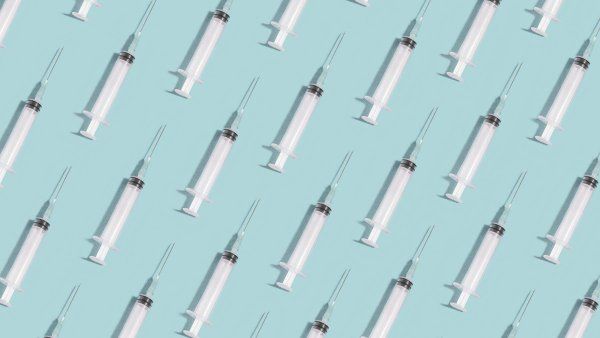How Artificial Intelligence Gave a Paralyzed Woman Her Voice Back
A brain implant and digital avatar allow a paralyzed stroke survivor to speak with for first time in 18 years with the help of artificial intelligence.
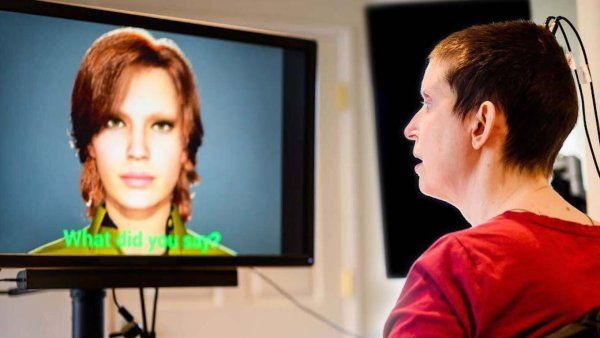
University of California San Francisco
A brain implant and digital avatar allow a paralyzed stroke survivor to speak with for first time in 18 years with the help of artificial intelligence.

Manvir, a young cancer patient, worked with the UCSF Benioff Oakland Braddock Emotional Support Team (BEST) to alleviate his emotional and physical pain from his treatments. A new gift will help expand BEST behavioral and mental health services to young cancer patients and their families.
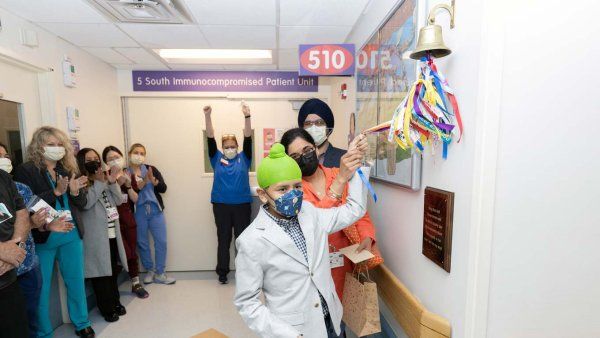
Gal-3C, a galectin-3 inhibitor, shows promise in limiting post-MI scarring, improving cardiac function, and outperforming current therapies.

The United States health system is poorly equipped to serve patients living alone who are also experiencing cognitive decline.

Study finds DOACs may lower recurrent VTE risk over warfarin in extended treatment. Observational evidence supports DOAC use.

UCSF Langley Porter Psychiatric Hospital will welcome patients to a larger and modernized space on August 19 in UCSF Mount Zion Medical Center.
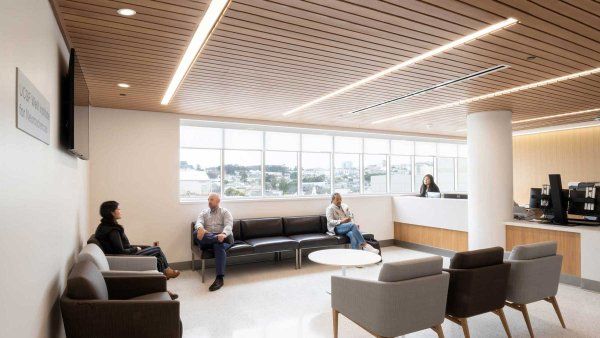
A newly identified platelet factor 4 (PF4) was found to help rejuvenate the old brain and boost the young brain, potentially opening the door to new therapies that aim to restore brain function
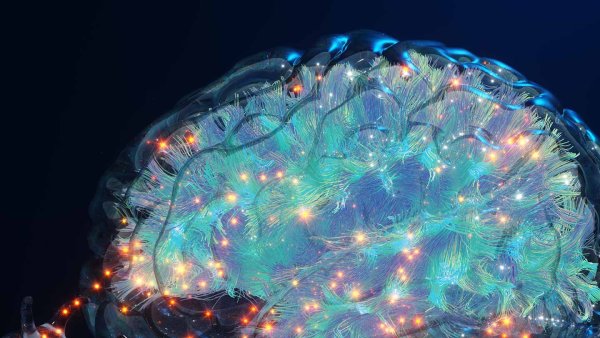
Increasing wildfires means there is more wildfire smoke, which is particularly harmful for our bodies.

A new digital headset designed to measure alterations in brain function could change decisions about how quickly an athlete is ready to return to play after a concussion.
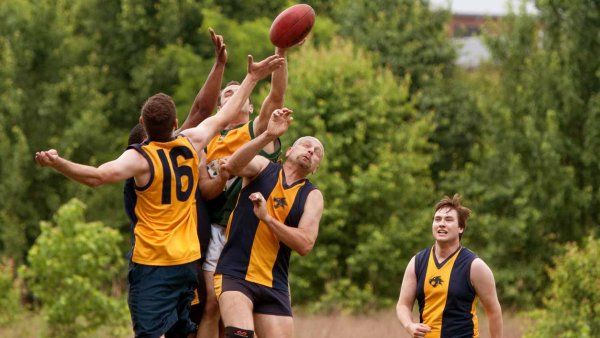
Long COVID symptoms can persist for a year after initial infection, or re-emerge months later after disappearing.

Benjamin N. Breyer, MD, MAS, FACS, a renowned leader in urology and urological surgery, has been appointed chair of the UCSF Department of Urology.

UCSF Benioff Children’s Hospital Oakland’s craniofacial clinic treats more than 400 children each year for head shape conditions with helmet therapy.
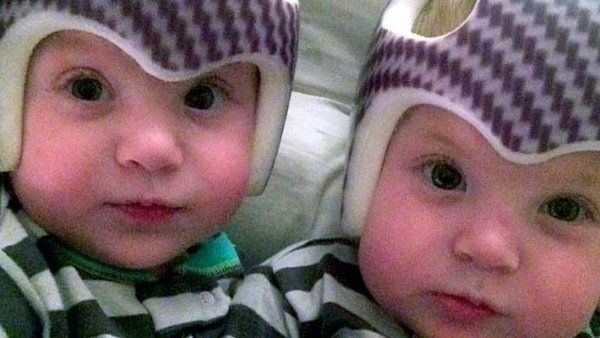
Three cheers! The American Heart Association has recognized UCSF’s Wellness Team and a number of other organizations across the U.S. “for their commitment to building a culture of health and well-being.” We’ll learn more about the honor and how the Wellness Team makes UCSF’s wellness their mission.
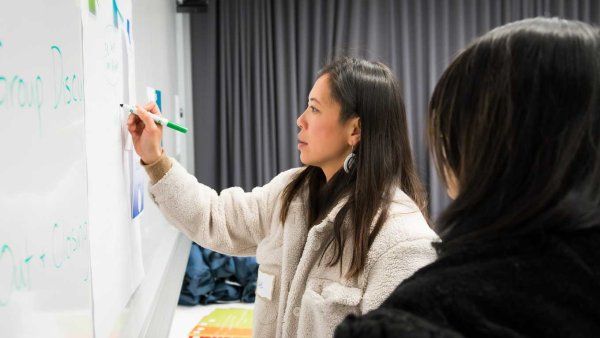
Adverse experiences early in childhood and early life have been linked to lifelong health consequences.

Three hundred families use UCSF Benioff Children's Hospital Oakland's Food Farmacy program, which offers fresh food at two food distributions twice a month.
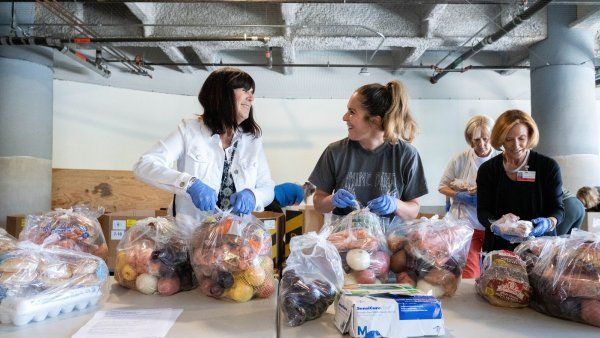
Millions of Americans with tobacco-related disease have symptoms that don't fit any existing tobacco-disease criteria

UCSF Medical Center has been ranked among the country’s best hospitals in adult care in U.S. News & World Report’s prestigious Best Hospitals survey.
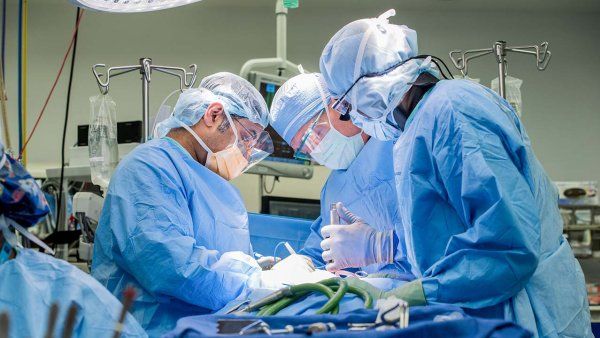
An experimental blood test that reflects injury to nerve cells from multiple sclerosis (MS) was found to work for children with MS and other neurological conditions, even when they are symptom-free.
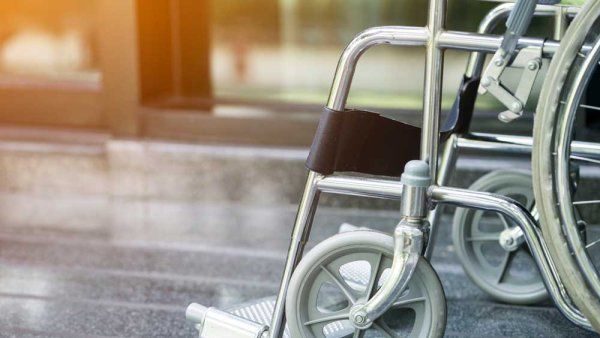
Members of the UCSF community living with disabilities share their stories to break down barriers, advocate for accommodations and reshape attitudes.

Mindy Hebert-DeRouen shares her experience living with Willis Ekbom Disease, otherwise known as Primary Restless Leg Syndrome, which causes severe sleep disorder.
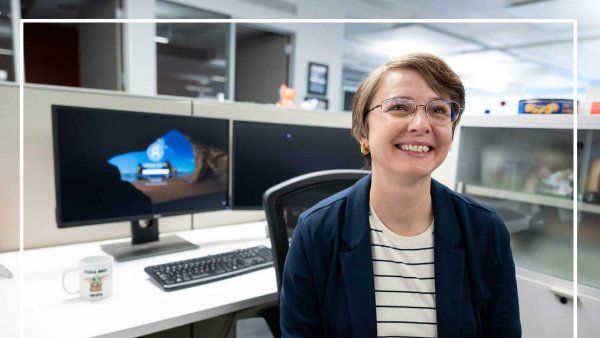
Toxic dust from artificial stone slabs popular in kitchen countertops in the U.S. is causing a rising numbers in lung disease among stone workers.

Taking daily medication can be a challenge for many, leading to increased viral load over time. Injectable therapies remove that challenge.
